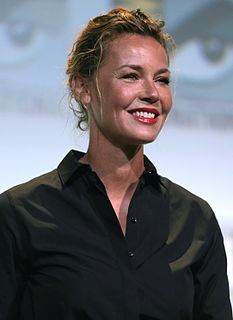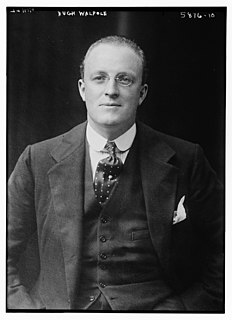A Quote by Helen Keller
It is curious to observe what different ideals of happiness people cherish, and in what singular places they look for this well-spring of their life. Many look for it in the hoarding of riches, some in the pride of power, and others in the achievements of art and literature; a few seek it in the exploration of their own minds, or in search for knowledge.
Related Quotes
If you asked somebody, 'what do you wish for in life?' they wouldn't say 'happiness.' I would have answered 'excitement, knowledge,' God knows - I mean, many, many different things, but certainly not 'happiness'. It seemed like a foreign concept to wish for something that specific and that singular.
Pythagoras used to say that life resembles the Olympic Games: a few people strain their muscles to carry off a prize; others bring trinkets to sell to the crowd for gain; and some there are, and not the worst, who seek no other profit than to look at the show and see how and why everything is done; spectators of the life of other people in order to judge and regulate their own.
Whereas happiness is the highest good, being a realization and perfect practice of virtue, which some can attain, while others have little or none of it, the various qualities of men are clearly the reason why there are various kinds of states and many forms of government; for different men seek after happiness in different ways and by different means, and so make for themselves different modes of life and forms of government.
Any classification according to a singular identity polarizes people in a particular way, but if we take note of the fact that we have many different identities - related not just to religion but also to language, occupation and business, politics, class and poverty, and many others - we can see that the polarization of one can be resisted by a fuller picture. So knowledge and understanding are extremely important to fight against singular polarization.
For each of us, then, the challenge and opportunity is to cherish all life as the gift it is, envision it whole, seek to know it truly, and undertake-with our minds, hearts and hands-to restore its abundance. It is said that where there's life there's hope, and so no place can inspire us with more hopefulness than that great, life-making sea-that singular, wondrous ocean covering the blue planet.
It's really interesting to just look at the career of a musician and a producer that went into many different genres and many different styles and many different places but always breaking the barriers between genres and at some point reinventing himself all along the way but also inventing things at the same time.
Emotional dependence is the opposite of emotional strength. It means needing to have others to survive, wanting others to "do it for us," and depending on others to give us our self-image, make our decisions, and take care of us financially. When we are emotionally dependent, we look to others for our happiness, our concept of "self," and our emotional well-being. Such vulnerability necessitates a search for and dependence on outer support for a sense of our own worth.
Is E.T. out there? Well, I work at the SETI Institute. That's almost my name. SETI: Search for Extraterrestrial Intelligence. In other words, I look for aliens, and when I tell people that at a cocktail party, they usually look at me with a mildly incredulous look on their face. I try to keep my own face somewhat dispassionate.
Pride... is a very common failing, I believe. By all that I have ever read, I am convinced that it is very common indeed; that human nature is particularly prone to it, and that there are very few of us who do not cherish a feeling of self-complacency on the score of some quality or the other, real or imaginary. Vanity and pride are different things, though the words are often used synonymously. A person may be proud without being vain. Pride relates more to our opinion of ourselves, vanity to what we would have others think of us.



































